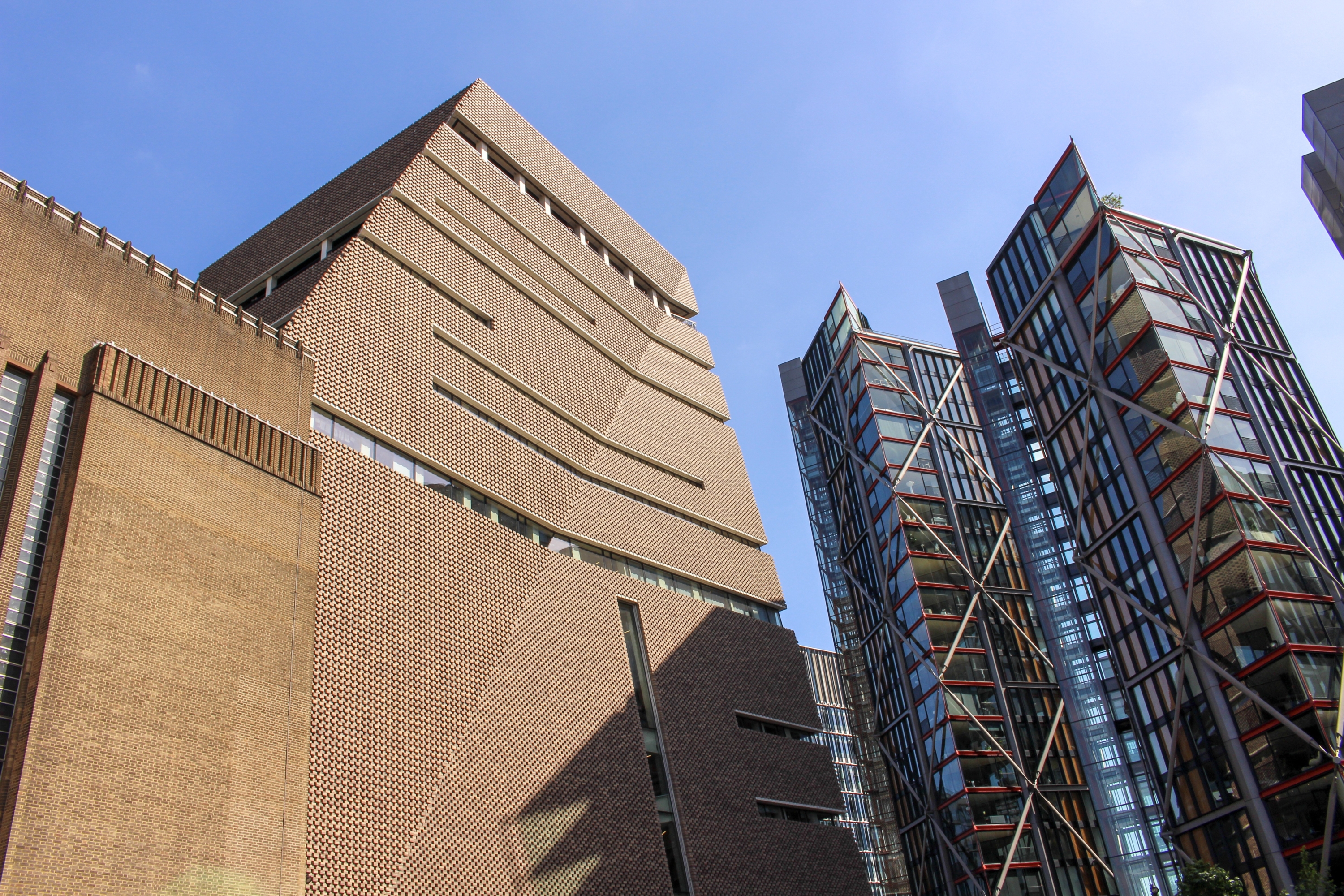Answering whether someone should study architecture made me reflect on my own journey. The profession isn’t easy, but the skills gained in school—creative problem-solving, time management, presentation, and adaptability—can open doors far beyond architecture itself.

I received a question recently from a father about his daughter who is considering studying architecture in college. I requested to stay at their home via the Home Exchange platform. They replied about their home, noticed that I am an architect, and had questions about architecture school, their daughter, and the career path in general. Seems like an innocent question, but felt a little loaded. Then I started thinking, why does this feel like a loaded question? Perhaps because I didn’t feel like I could give a simple response.
So what did I tell them? I told them about my career path. I’ve worked on the architect and owner side on retail TI’s (tenant improvements), then returned to the architect side and worked on multi-family housing, and now I work for myself on smaller scale residential projects. I am currently working on single family homes, remodels and expansions, and a lot of ADUs and kitchen remodels.
I told them I studied architecture at the University of Arizona in Tucson. I haven’t kept up with architecture school rankings, so I do not know what the best place to study is. What I do know is that architecture school is hard, possibly the most difficult major she can choose, and I appreciated being part of a larger university. I also know that the path to becoming a licensed architect can vary depending on the type of degree she pursues. I received a 5-year Bachelor of Architecture degree, and with that I am able to be licensed in all 50 states, if I decide to be. Currently, I am only licensed in California. I told them that whatever degree she pursues, she should make sure it is an accredited degree so that she can become licensed, if she decides to go down that path.

The Not So Good News…
I felt compelled to mention some not so rosy parts of the profession. Architecture is hard. In general, the profession does not pay that well considering the amount of education, testing, and hard work it takes. On the other side, it can be rewarding work, and there any many career paths that are available with the degree. I have seen people with an architecture degree work in many sectors of the architecture, real estate, and construction industry. While you don’t need an architecture degree to have a career in the industry, it is a degree that provides endless options after school. I have seen old classmates and colleagues pivot in their careers to work as architects, contractors, real estate developers, real estate agents, and even working for software companies geared towards the industry, sustainability, startups for office space, or even big tech companies like Google and Salesforce. If you want an easy path through college, architecture is not the easy route, but there any many more opportunities after school that I had no idea existed when I was in school.

Looking Back at What I Learned
Now that I look back, I think it is important to think about some of the skills I learned in architecture school that have been valuable as a professional as an architect, and other career paths.
One thing that I have found among anyone that survived architecture school, there is a bond between classmates that survived it together that it feels like no one else can truly understand. Education still focuses on a studio environment, and you work closely (and spend a lot of late nights) with the people you study with. Even if you decide not to become an architect, here are some lessons you can expect to learn in architecture school.
Three-dimensional puzzle solver
In school, you learn how to space plan, solve complex problems that require 3 dimensional solutions. How do you connect buildings with stairs, volumes of space, circulation, natural light. It teaches you how to open up your brain to problem solve in space.
Time management
Perhaps the lesson is what happens when you don’t manage your time and pull an all-nighter (again). Or that everything takes three times the amount of time that you think it does. Or you learn that if you don’t make a decision and move on that you could work on the same problem all night long. However you take the lesson, you learn about your time.
Teamwork
I haven’t watched Project Runway in perhaps a decade, but it reminded me of studio culture. You see the people that work well with others, and those that don’t. Many projects in architecture school were individual, but some were group projects and you really learn who you work well with and what it is like when the team functions well together. You also see what happens when it doesn’t work well.
Trust the Process
I remember in school I wanted to just work on the final presentation, but sometimes, the story of the entire process (including the bad ideas) got you to the end. The process of storytelling the way that you got to the end can help get people to buy into your idea.
Don’t get married to one idea
Sometimes the best idea is one you haven’t thought of yet and the only way you come to it is by trying something you haven’t thought of yet, or even just being open to someone having a better idea than you.
Your work is never done
One thing with design, you can design forever. Seriously, forever. One skill you need to develop is knowing when to put the pencil down and print. Even after a project is completely done, built,. And people have moved in and are using the space, there are always things I wish I can considered, done better, would like to change. Sometimes the best thing to do is just make a mental note and move on, you can use that knowledge to be an even better designed for the next project.
Presentation Skills
Public speaking, sounding confident (even when you aren’t), line weights, listening and responding appropriately, staying calm (or at least appearing calm) are all skills that translate in the real world. I’m not sure I did a good job of this in school, but I saw the value of it in the real world, even when you are just leading a call with a small group.
Be willing to pivot
In school I thought some people were just good bull-shitters, good at making things up on the fly. It turns out, improvisation is a valuable skill in the real world. Clients come up with questions or suggestions you never thought of. Thinking quickly is an incredibly important skill.
Have interests outside of architecture
One of the most valuable things a professor said to me in architecture school was that it takes a really long time to be a good architect. It is a career that takes a long time to learn construction, detailing, how the things that you draw effect light and space. It can feel like in school that you need to devote all of your time to it to become really good. It is equally important to take breaks and have other interests that can help you recharge and reset when you need it so that you can truly do your best work.

I felt a bit of a cringe when I was asked if someone’s daughter should be an architect. After thinking about it, I would say it takes a long time for her to decide if she really wants to be an architect. Although architecture school is difficult, there are a lot of valuable lessons to be learned and it is a good degree to have, even if she decides to go a different route later in her career.

Leave a Reply